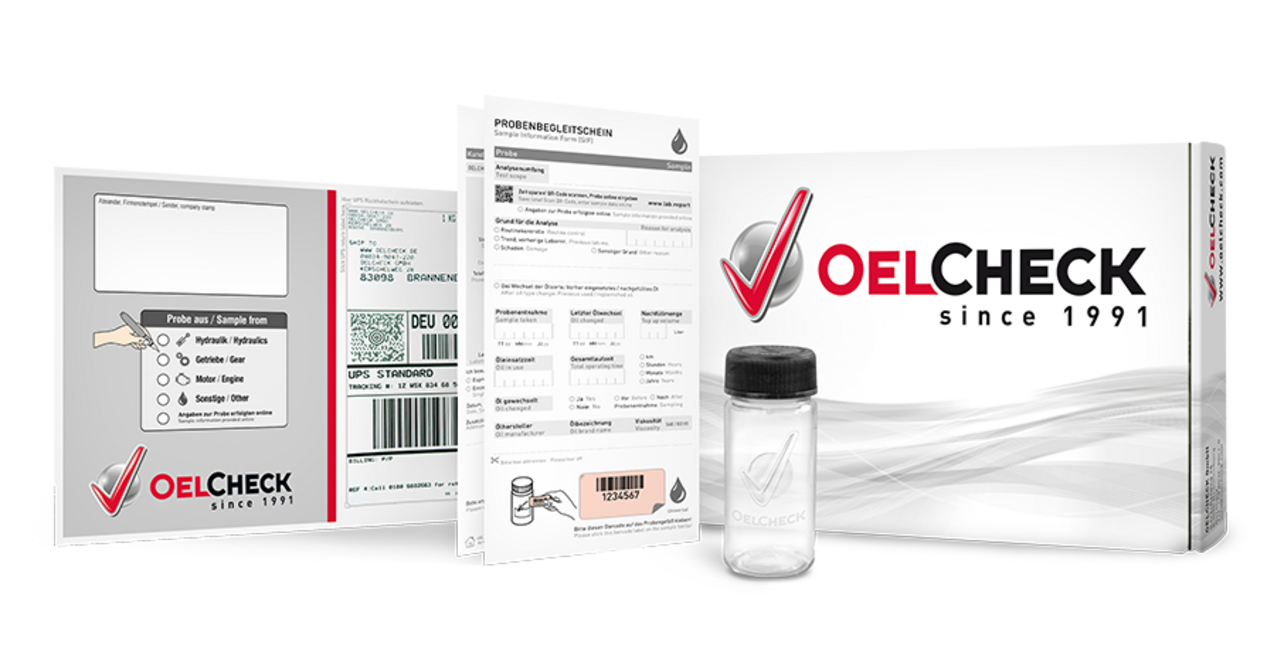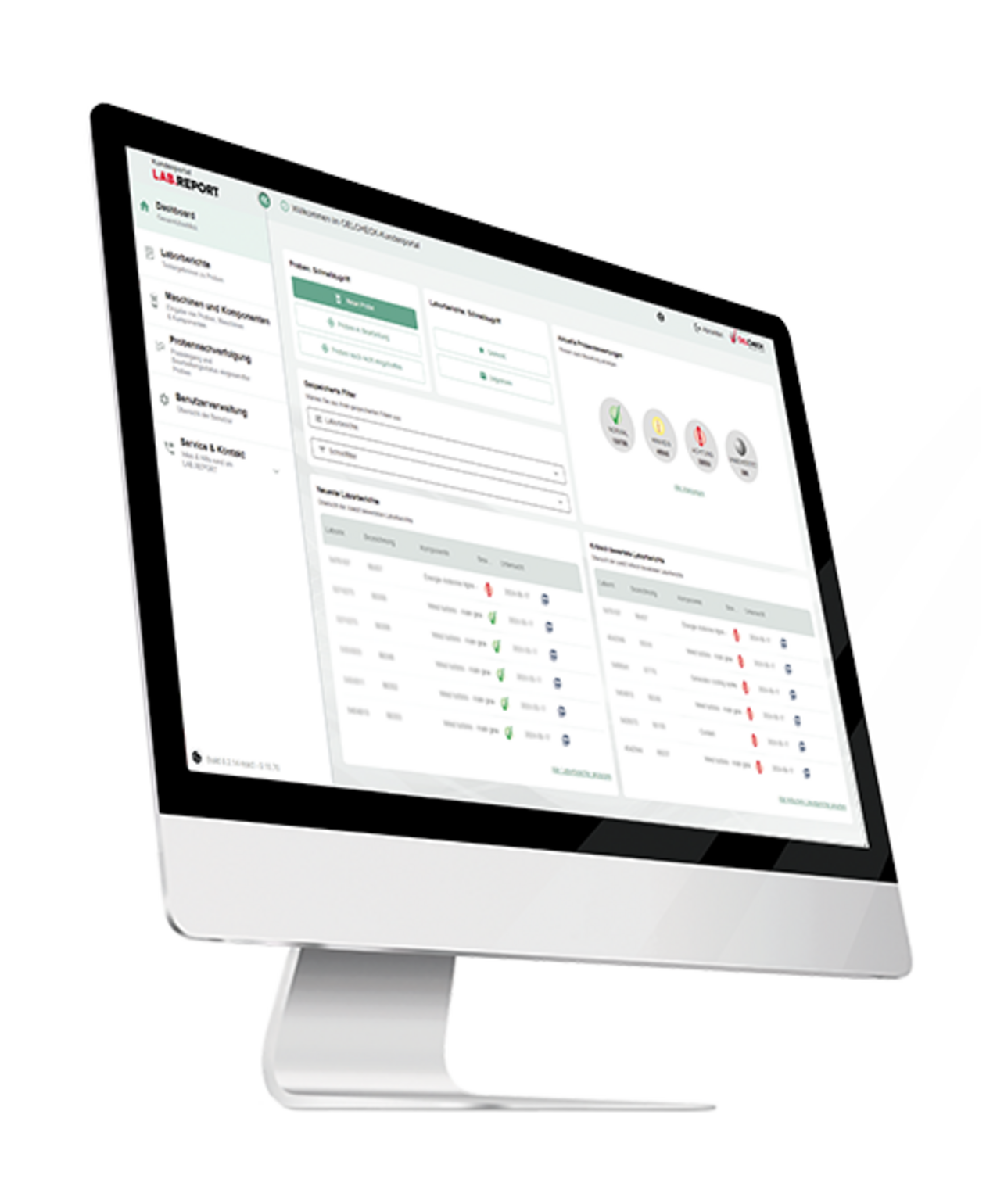Cold Filter Plugging Point (CFPP)
Year of publication: 2002
Winter, cold and a diesel engine that doesn't work properly.
The classic cause of this can be insufficient flowability of the diesel fuel. If the fuel is not "winter diesel," it lacks appropriate additives. Depending on the composition of the fuel (so-called cut), kerosene crystals can precipitate from it at temperatures below freezing point, which increase or block the flow resistance in the fuel filter to such an extent that sufficient fuel delivery is no longer possible. This is referred to as the diesel going sour.
The most important test for the cold resistance of diesel fuel according to EN 590 is the limit of filterability with the CFPP, the Cold Filter Plugging Point Test according to EN 116. OELCHECK has installed an automatic CFPP Plus analyzer in the laboratory, which is used to test the winter suitability of the fuel and to distinguish, for example, summer diesel from winter diesel. EN 590 distinguishes between different classes of cold suitability for temperate climates and for so-called severe winter or arctic climates (Arctic Diesel). The national annex to EN 590 specifies the season in which the diesel at the pump must have the corresponding cold suitability.
However, it is important to note that the CFPP determination is a laboratory method. The temperature determined there cannot be translated 1:1 into reality. The filter in the vehicle typically has a much narrower mesh than the filter in the laboratory unit. In addition, the cooling of the diesel in the tank takes place over a longer period of time than in the laboratory test. This favors the crystallization of the paraffins. Thus, despite the fuel's supposedly sufficient suitability for cold conditions, failure can result.
With the new analysis device, OELCHECK tests the diesel fuel for compliance with the requirements of EN590 so that the diesel engine runs reliably.



